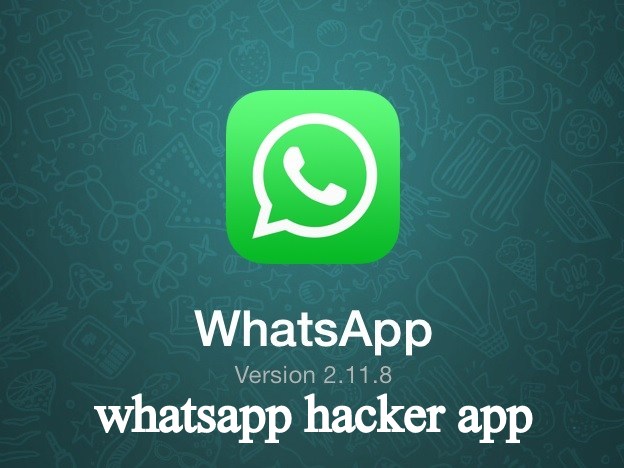

But the change has opened WhatsApp to belated scrutiny on its metadata-and that has not gone well. As WhatsApp says, it needs to sell services to keep the messenger free. Who cares about the security of your messages with your dry cleaner or supermarket-especially given you have opted in each specific chat? But it still breaks WhatsApp’s existing data handling terms and so the change needs to be made. If you do, though, some of those messages might be stored off of WhatsApp, outside its fabled end-to-end encryption. WhatsApp’s owner, Facebook, wants to enable its business customers to communicate with you on WhatsApp, and only if you agree to those contacts. The change of terms is more benign than it was (mis)reported at the time. WhatsApp’s specific backlash has been blown out of proportion. Facebook reported $28.1 billion in revenues last quarter-it’s not scraping a living. It is impossible to argue that the data collection is proportionate with the services on offer. Ironically, most users accept that some form of data collection is a price worth paying for free platforms.

What they’re not entitled to do is obfuscate, to talk around the subject and refuse to provide transparency, to say that it’s an inevitable and intangible part of this free service they offer. We, as users, can then choose whether that’s acceptable to us or not. And they are completely entitled to say we collect certain data fields and use those to send you ads that might be relevant. You have the right to know what’s being collected and how it’s being used. But there was no word on exactly what was being used, and how. We collect it because we need it, was the message. It seemed that WhatsApp’s was taking the view that the backlash would blow over and we would all forget. More importantly, the rationale behind collecting all this data in the first place was downplayed. The fact this isn’t new is hardly the point. But suddenly WhatsApp had shone a light on the fact that there is some data sharing.

It’s all good, WhatsApp said, we don’t share all your data with Facebook. The second part of that backlash, the forced change of terms, hit hard because it seemed WhatsApp was collecting this data and sharing it with Facebook-that was the misreporting.


 0 kommentar(er)
0 kommentar(er)
